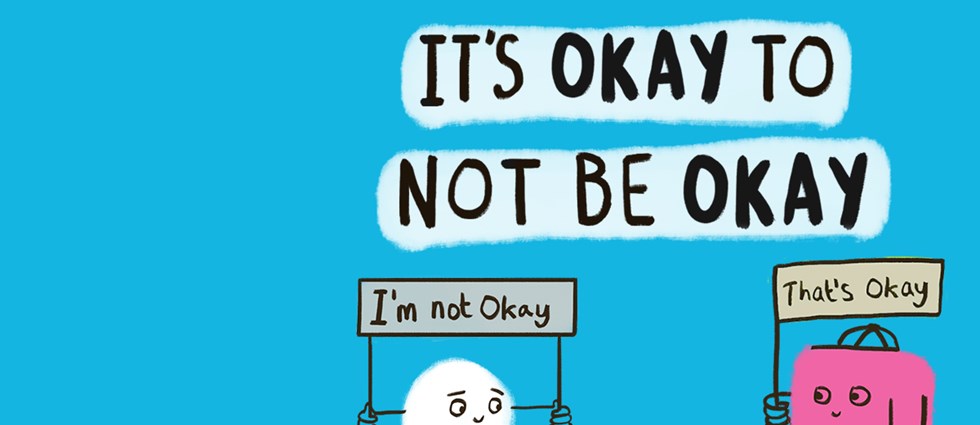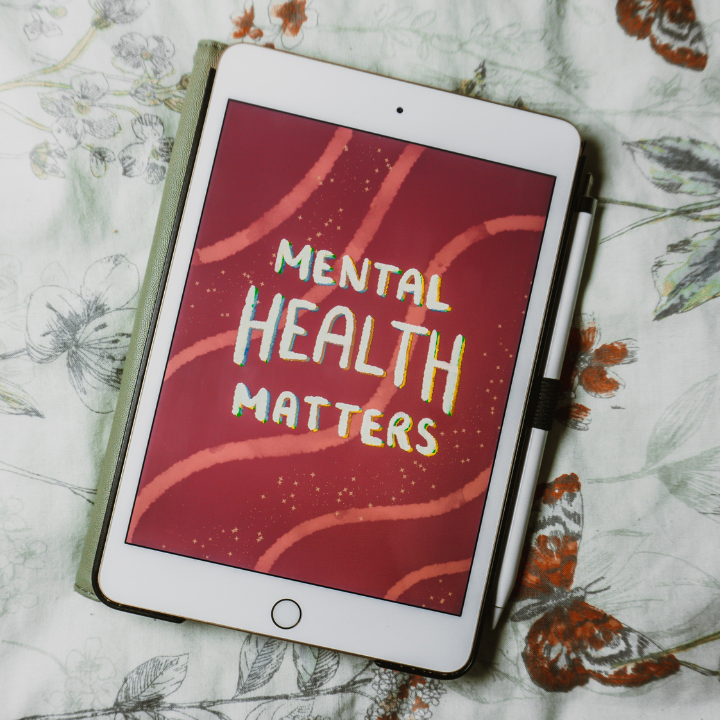Every organisation has a legal obligation to provide adequate and appropriate equipment, facilities and personnel to ensure employees can receive immediate attention if they are physically injured or unwell at work, yet there is currently no legal requirement in place to have designated mental health first aiders in the workplace.

Each-and-every one of us has mental and physical health, and at ADPR, our opinion is that both should be treated with equal importance to ensure a happy, healthy and productive workforce. The facts speak for themselves:
- Depression, stress and anxiety are the largest causes of sickness for our country’s workforce.
- 1 in 4 people in the UK will experience some form of mental illness each year.
- Mental illness costs UK businesses approximately £56 billion every year, an increase of 25% in the cost of poor mental health to employers compared to 2019.
In-spite of these worrying statistics the good news is that companies don’t need to wait until mental health first aid training becomes a legal requirement before taking action. Mental health first aid training courses are widely accessible across the UK, and extensive research has shown that taking part in a mental health first aid course can significantly help to raise awareness of mental illnesses, encourage early intervention to aid recovery, increase confidence in dealing with mental illnesses and reduce stigma in the workplace.
One of the key issues with mental illness is that the symptoms aren’t always obvious, making it difficult for managers and employees to recognise and take action. Every member of the team here at ADPR have become Mental Health First Aiders through MHFA England, which has enabled us to gain an in-depth understanding of mental health and the factors that can affect wellbeing, as well as learning practical skills to spot the triggers and signs of mental illness. It has also shown us how to step in and effectively guide a person towards seeking the right mental health support – whether through self-help resources, their employer, the NHS or a combination.
Regardless of the lack of legal requirements, mental health and wellbeing should be a priority for all business agendas. At ADPR, the wellbeing of our team is of paramount importance and we are committed to implementing our own mental health policy alongside a number of initiatives to ensure we are providing a comfortable, safe and happy environment for our employees to be – both now and in the years to come.
If mental health is high up on your agenda but you’re confused about where to start, here are some best practice tips as recommended by MIND – the mental health charity’s Thriving at Work core standards:
- Produce, implement and communicate a mental health at work plan that encourages and promotes good mental health of staff and an open organisational structure.
- Develop mental health awareness among employees by making information, tools and support accessible.
- Encourage open conversations about mental health and the support available when employees are struggling, during the recruitment process and at regular intervals throughout employment, with appropriate workplace adjustments offered to employees who require them.
- Provide your employees with good working conditions and ensure they have a healthy work/life balance and opportunities for development.
- Promote effective people management to ensure all employees have a regular conversation about their health and wellbeing with their line manager, supervisor or organisational leader and train and support line managers in effective management practices.
- Routinely monitor employee mental health and wellbeing by understanding available data, talking to employees, and understanding risk factors.
- Increase transparency and accountability through internal and external reporting to include a leadership commitment and outline of the organisation’s progress on mental health.
- Demonstrate accountability by nominating a health and wellbeing lead at Board or Senior Leadership level, with clear reporting duties and responsibilities.
- Ensure provision of tailored in-house mental health support and signposting to clinical help, including digital support, employer-purchased Occupational Health or Employee Assistance Programmes, or NHS services, amongst other sources of support.
For further information about mental health first aid training visit mhfaengland.org.
For further resources about mental wellbeing in the workplace visit www.mind.org.uk.
We also address Mental Health at work in this episode of the Revitalise & Grow podcast. In the episode we address how essential it is to keep the conversation about mental health going, as well as how to talk about things and get help if you are struggling.

